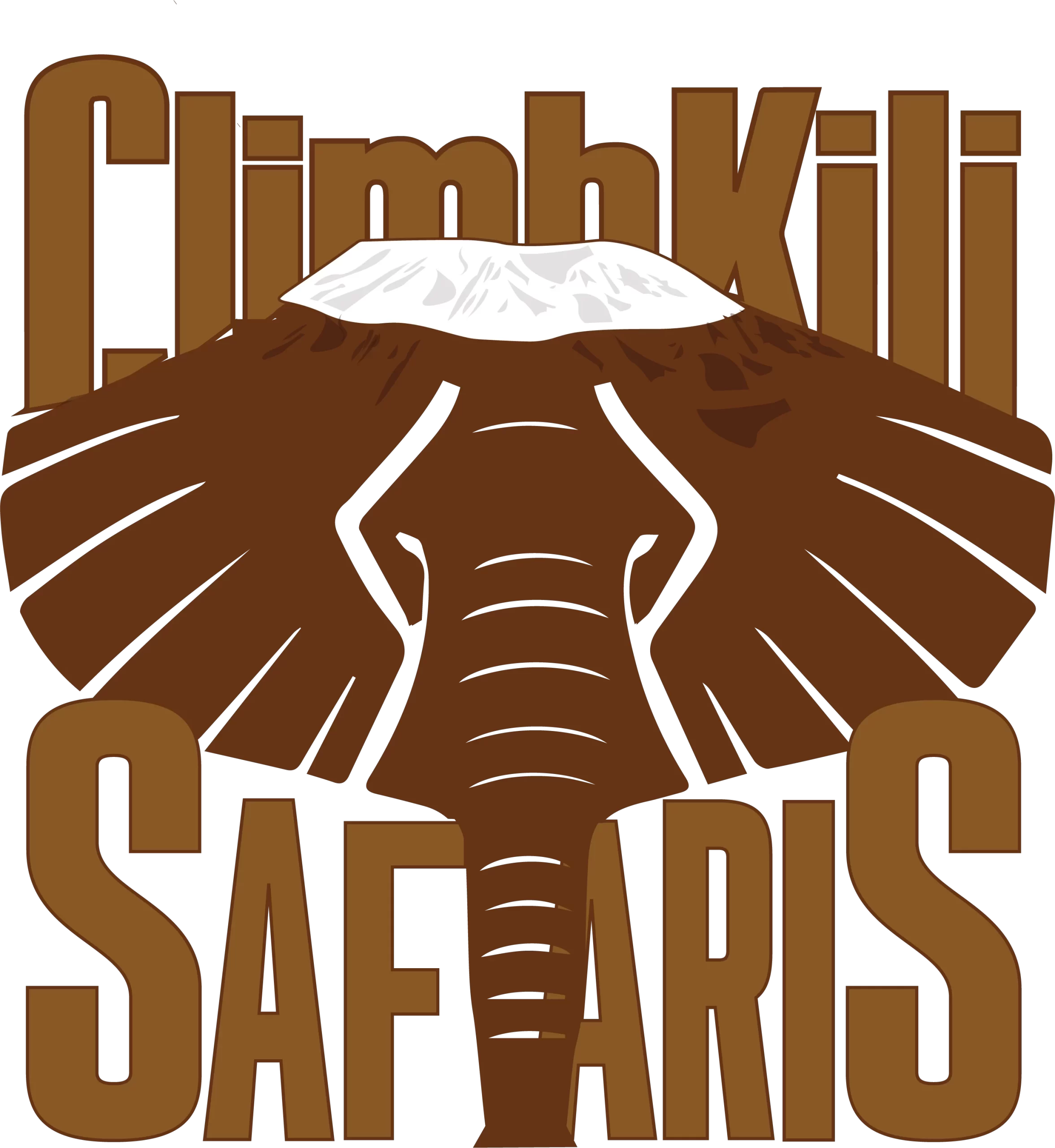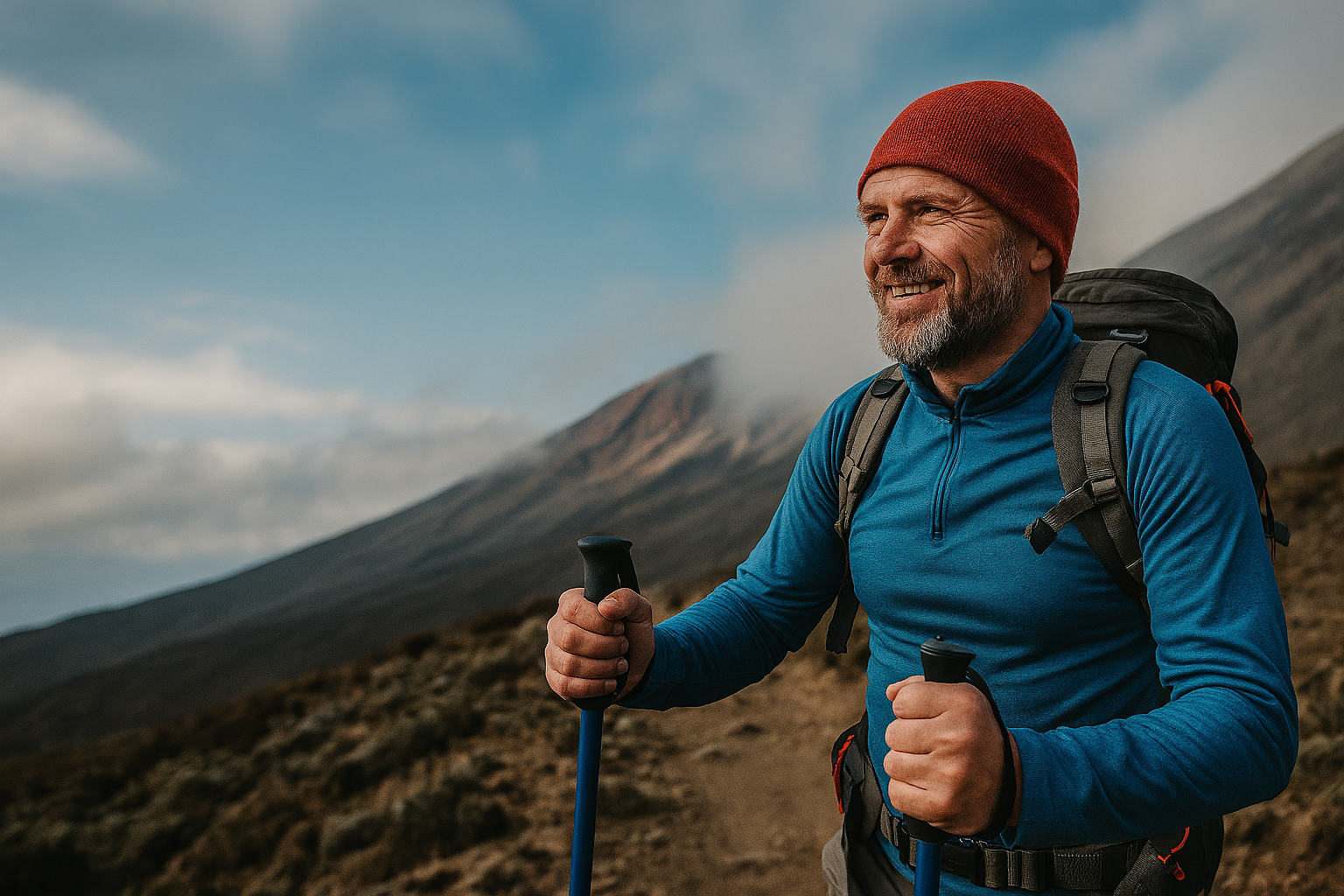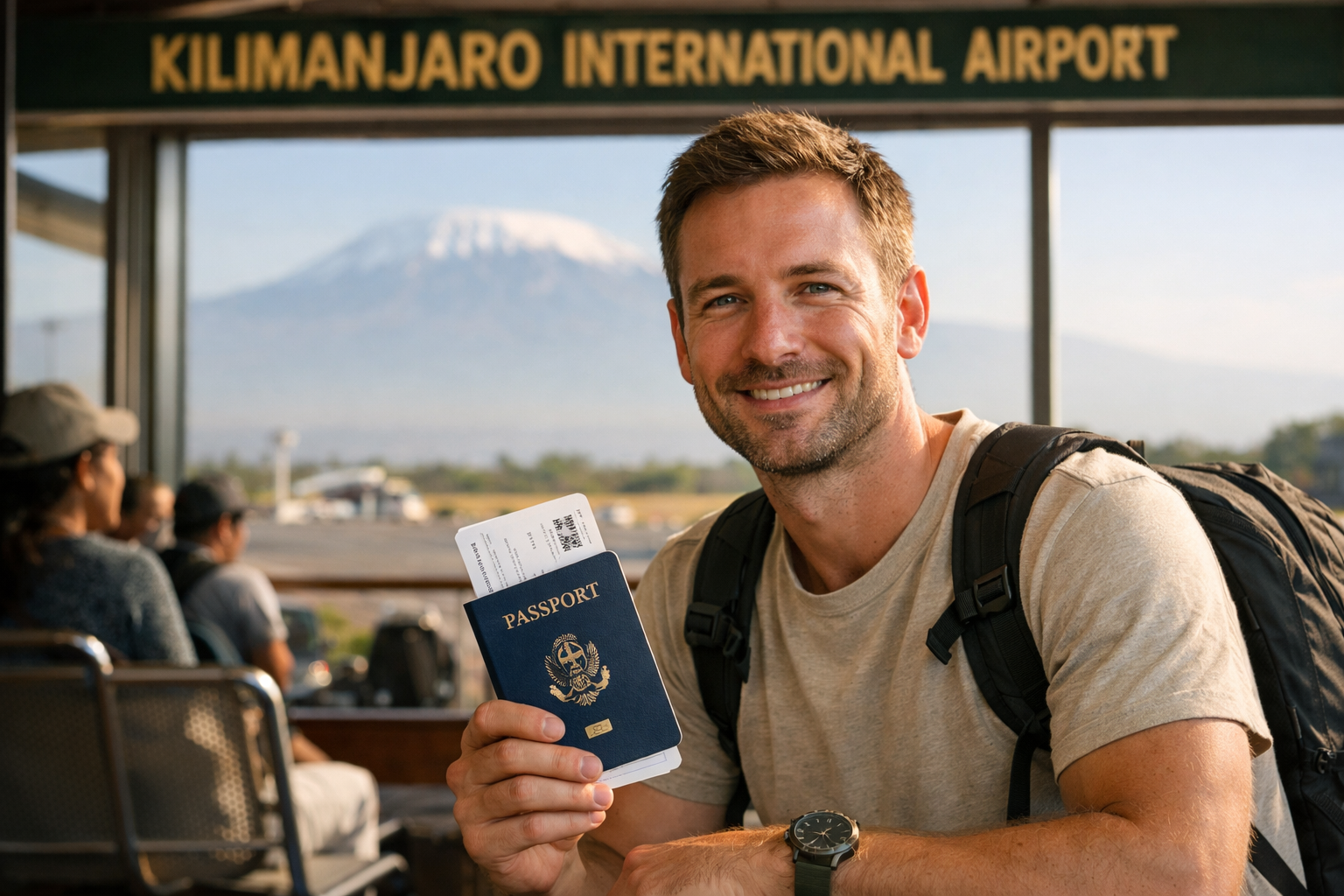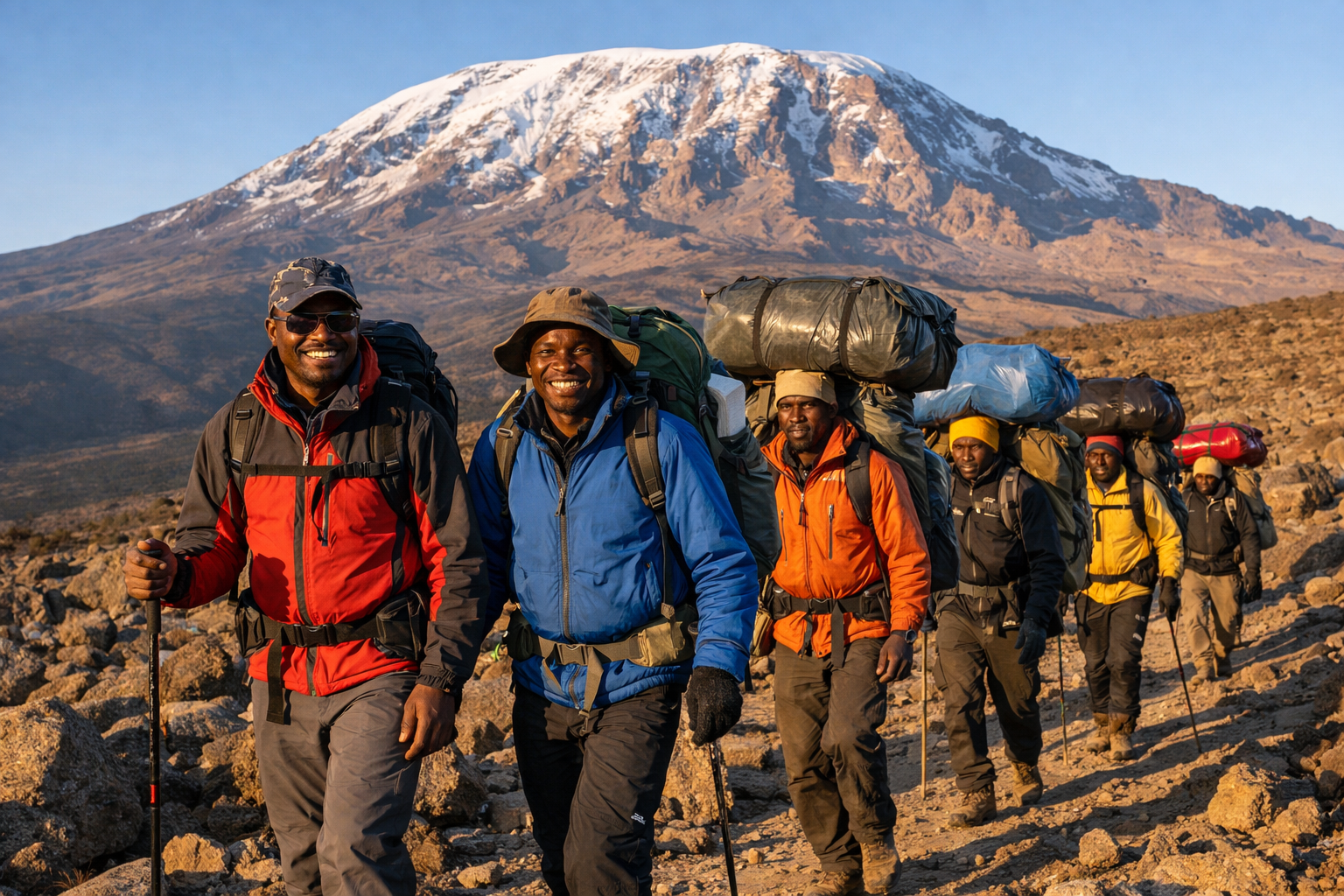Climbing Mount Kilimanjaro is a physical feat—but more than that, it’s a mental battle. Trekking to 5,895 meters (19,341 feet) above sea level, often in cold, windy, and high-altitude conditions, will test your resolve, your patience, and your inner strength.
While training your body is important, mental toughness is what will get you to the summit, especially when you’re facing fatigue, altitude headaches, or the long summit night hours in the dark.
Here’s how to prepare your mind to take on the Kilimanjaro challenge.
1. Understand the Mental Demands
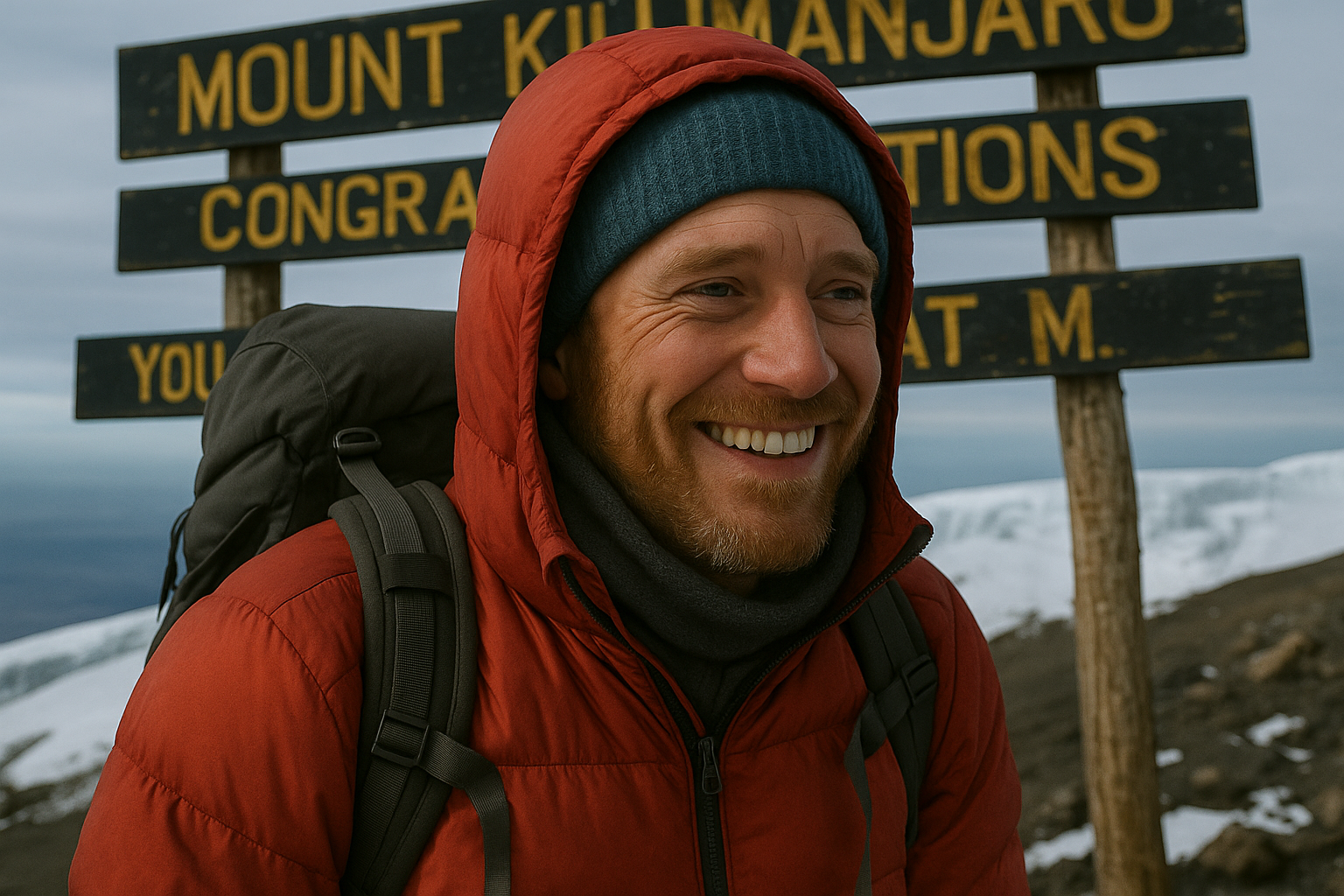
The trek spans multiple days and terrains. You’ll be tired. You’ll likely feel the effects of altitude. You may doubt yourself. Mental challenges include:
- Summit Night Fatigue: Starting the final push at midnight, trekking 6–8 hours in freezing cold.
- Altitude Discomfort: Headaches, poor sleep, and nausea can chip away at your morale.
- Repetitive Hiking: Slow, steady steps (“pole, pole”) for days can become mentally draining.
Knowing these in advance reduces the shock of discomfort when it happens. For more on summit night, check out What to Expect on Summit Night.
2. Set a Powerful Intention
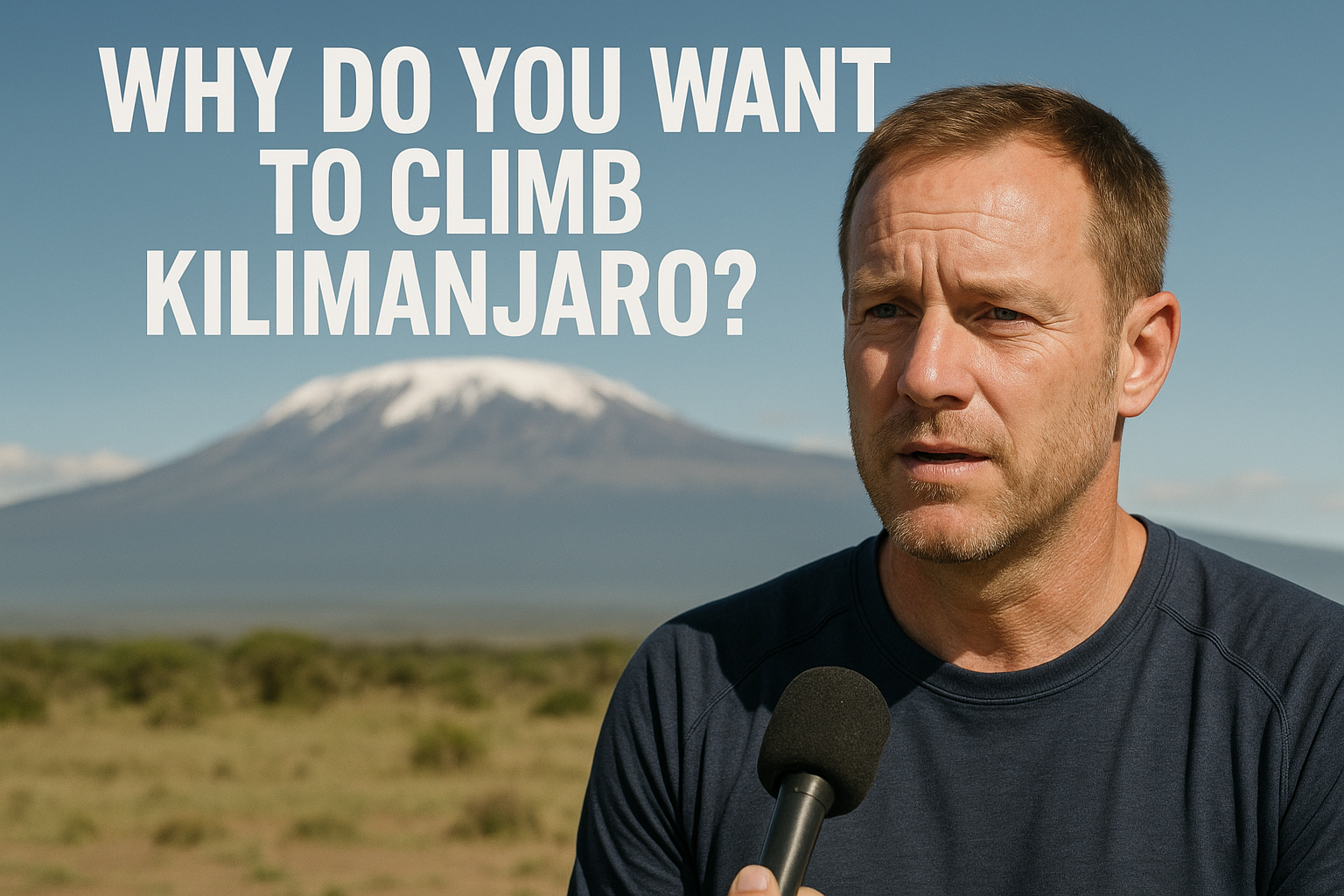
Ask yourself: Why do you want to climb Kilimanjaro?
This answer becomes your anchor. When the trail gets tough, reminding yourself of your reason—whether it’s personal growth, a tribute to a loved one, or crossing an item off your bucket list—will reignite your determination.
Write it down. Revisit it. Let it fuel your spirit.
3. Visualize the Journey
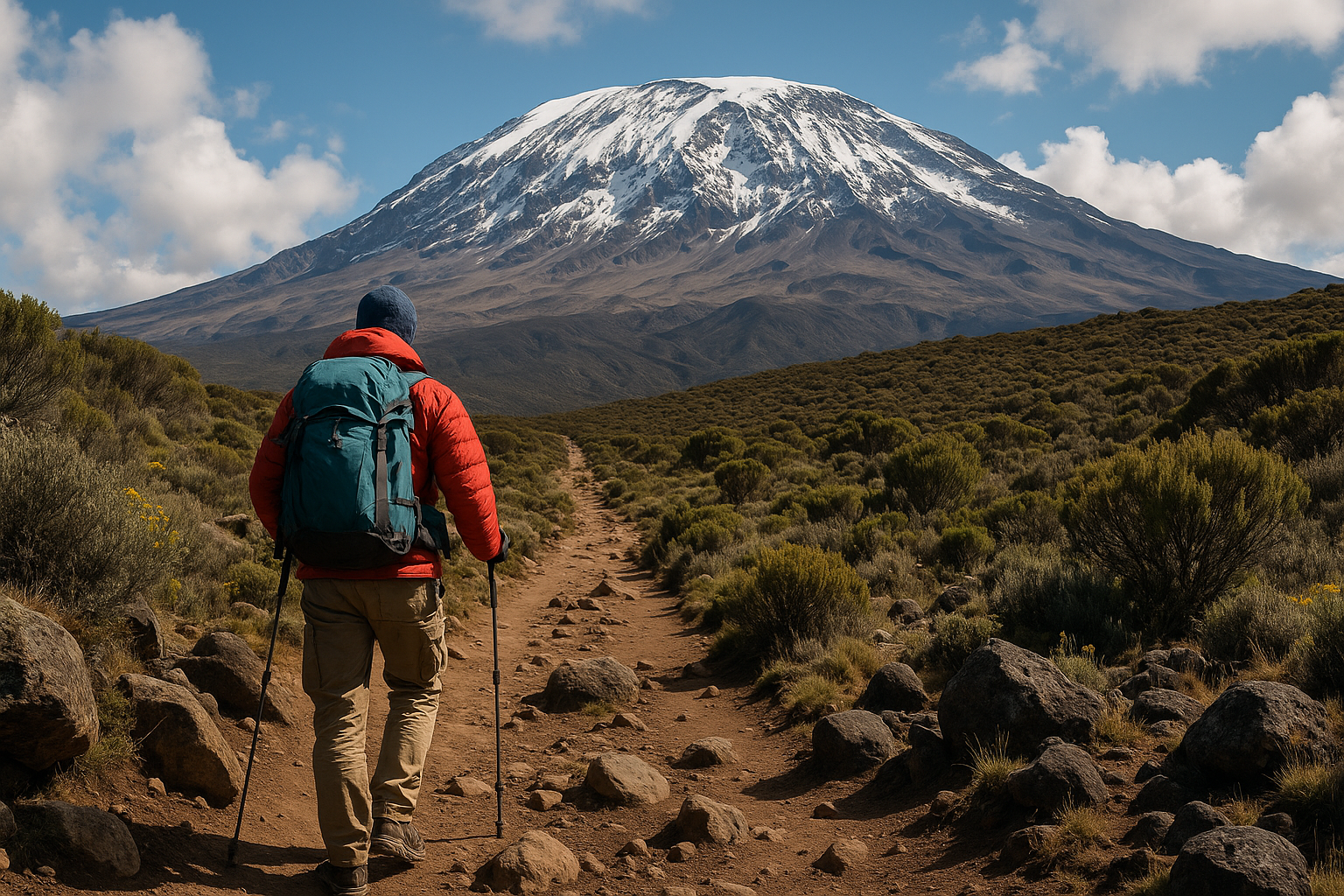
Mental preparation isn’t just about grit—it’s also about mental rehearsal:
- Visualize waking up at camp and hitting the trail.
- Imagine summit night: stars overhead, your headlamp lighting the path, the cold on your face.
- See yourself standing at Uhuru Peak—smiling, strong, and victorious.
This visualization technique, used by athletes and high achievers, creates confidence and mental readiness.
4. Embrace Discomfort in Training

In your pre-climb physical prep, add elements of mental challenge:
- Train in bad weather.
- Hike when you’re tired.
- Take cold showers.
Each small victory teaches your brain that you can keep going—even when conditions aren’t perfect.
5. Lean on Your Support System
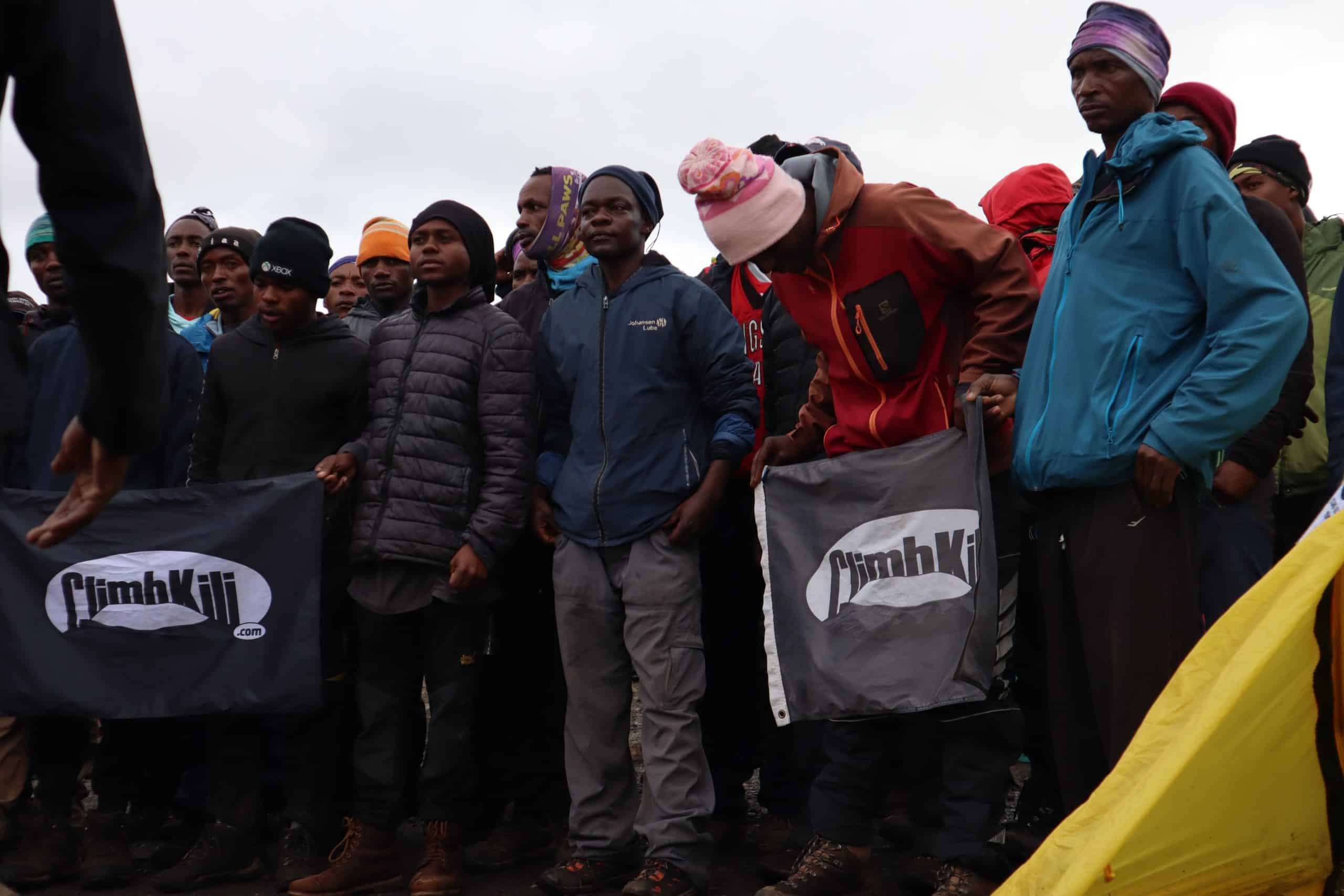
One of the best parts of a Climb Kili experience is the team environment. Guides, porters, and fellow trekkers form a community that supports and uplifts each other.
- Let your guides know how you’re feeling.
- Share laughs, meals, and encouragement with your team.
- When you hit a wall, someone will help pull you through—and you’ll do the same for them.
6. Break the Trek into Small Goals
Rather than focusing on the summit, focus on the next milestone:
- Reaching lunch camp
- Making it through a steep section
- Taking ten more steps
Small wins build confidence. Before you know it, you’ll be standing on the summit. Want to plan your climb day-by-day?
7. Trust Your Guides and the Process
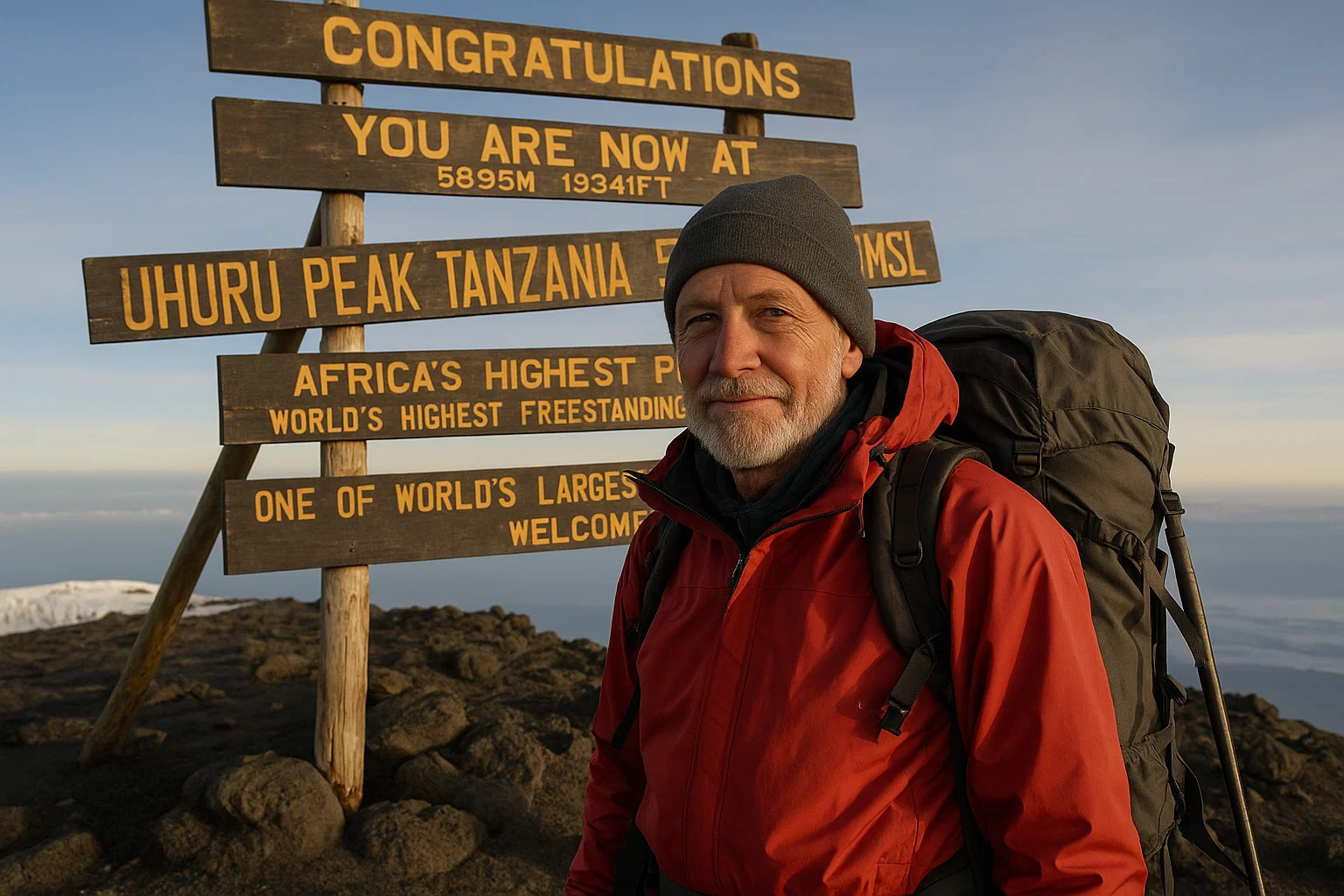
Mental toughness doesn’t mean pushing through recklessly—it means knowing when to pace yourself, when to rest, and when to trust your team.
Climb Kili’s expert guides monitor your health, set an ideal pace, and prepare you each day with what to expect. Let their experience be your advantage.
“At 3 AM, I wanted to quit—but a Climb Kili guide encouraged me to take just one more step. That’s how I reached the summit.”
— Susan M., Age 56, Uhuru Peak climber
🧠 Key Mental Tips for Kilimanjaro (Quick Recap)
- Prepare for altitude fatigue and cold
- Know your “why” and use it for motivation
- Visualize your summit in advance
- Train your mind through small discomforts
- Lean on the Climb Kili team and fellow trekkers
- Celebrate each milestone on the way to the top
🏔️ Ready to Conquer the Climb?
You don’t need to be the fastest or the fittest to reach the top of Africa. You need to be resilient, patient, and focused. Mental toughness is the invisible gear in your backpack—and with the right mindset, you’ll carry it all the way to Uhuru Peak.
👉 Contact Climb Kili today to plan your journey and let our expert team help guide your success.

